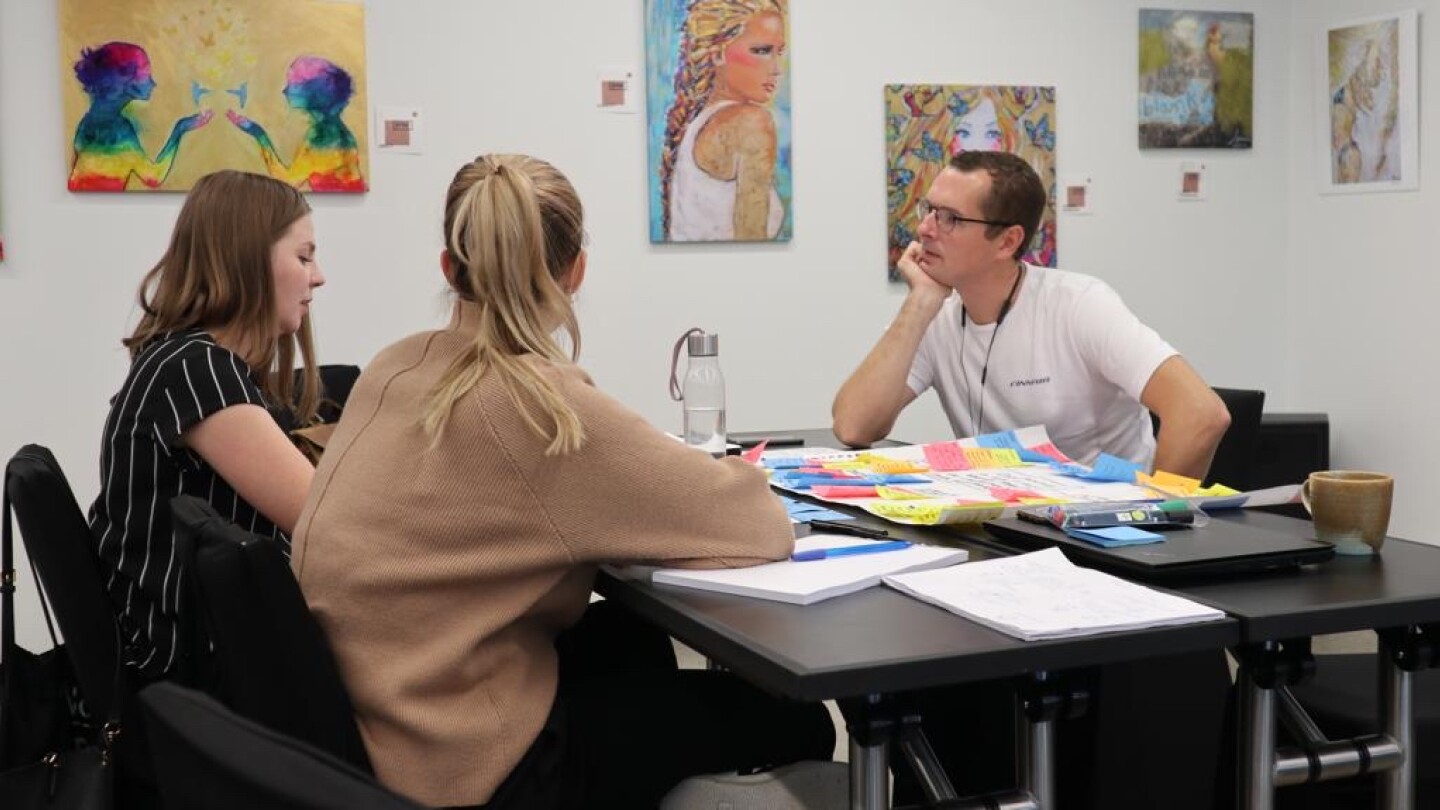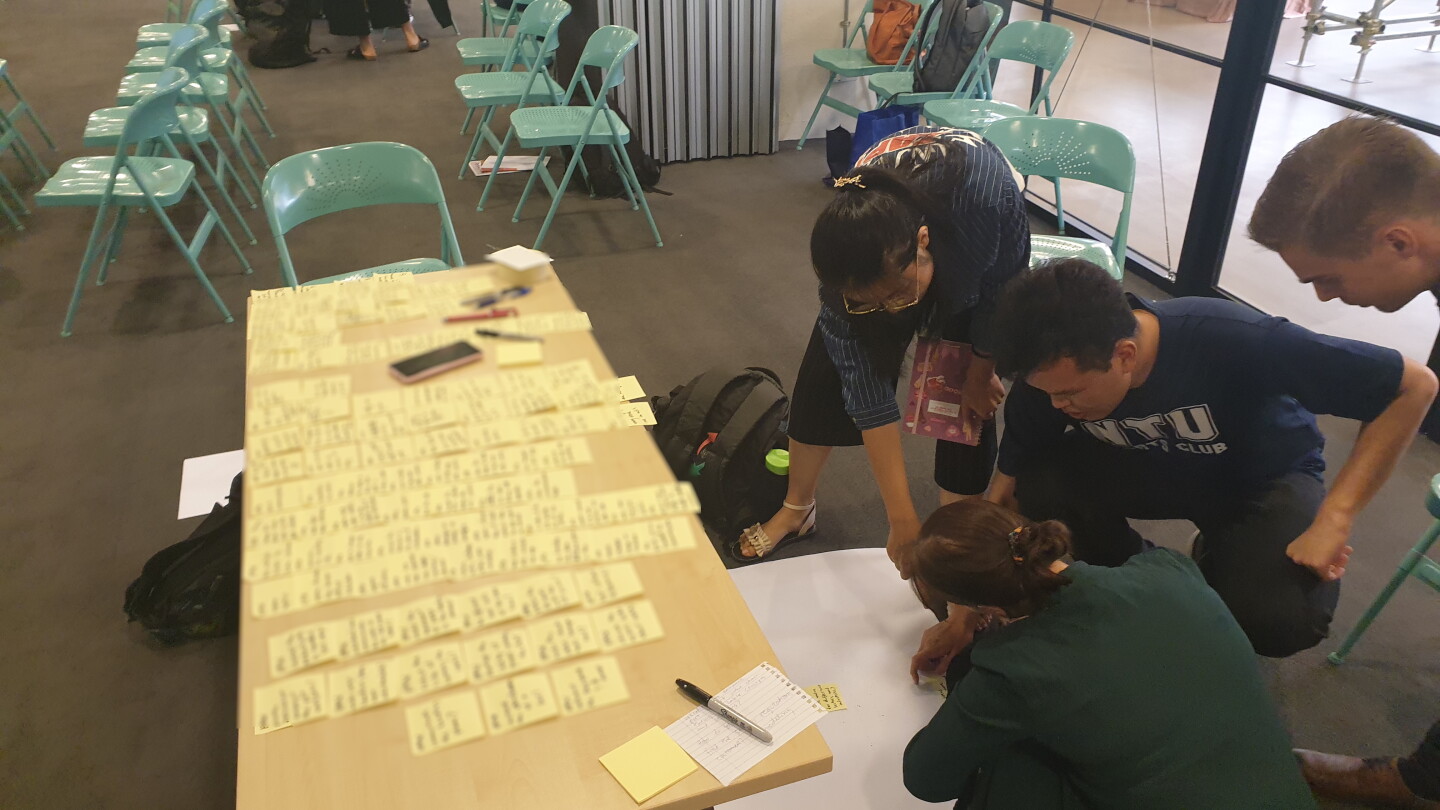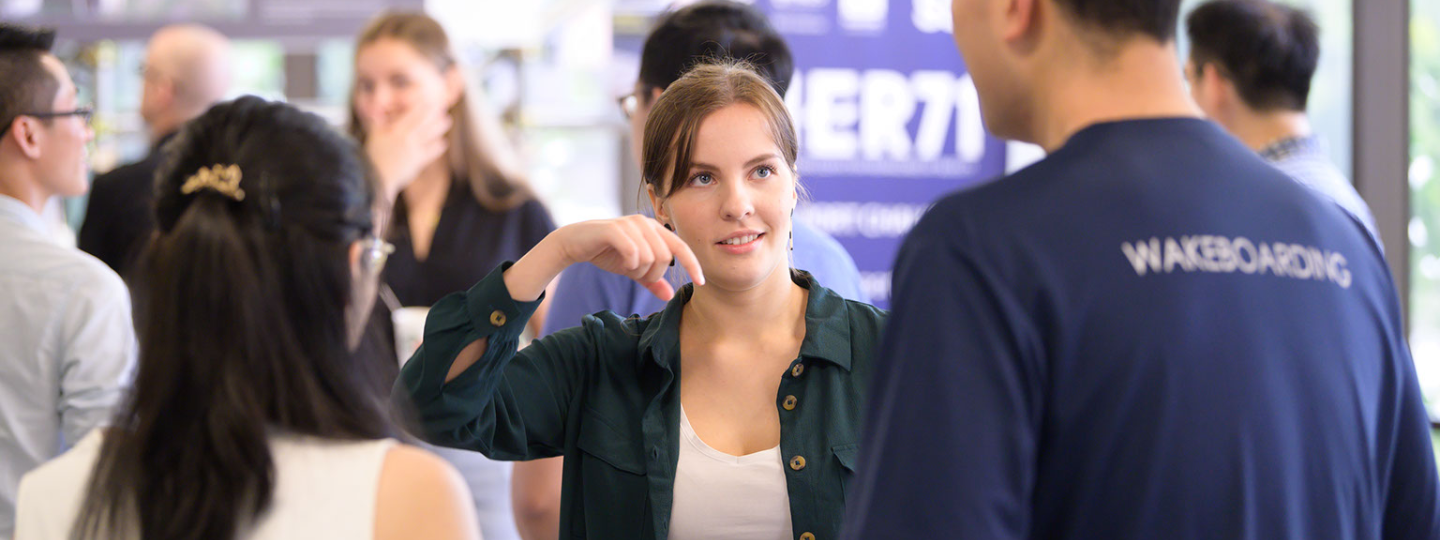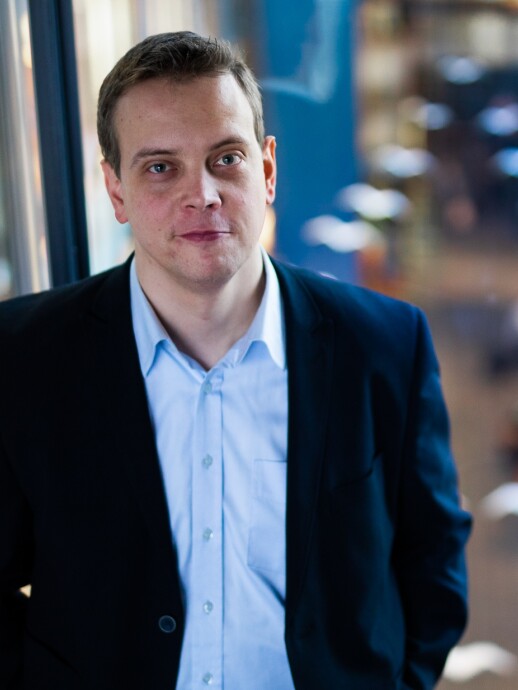Business Innovation Camp is a rapid, engaging innovation and university collaboration process for companies. It's a university-facilitated process where companies set a challenge for student teams to solve and introduce new thinking.

Combining dialogue with fresh minds moves business forward
The innovation camp combines student teams to face real-world challenges represented by case companies via a series of innovation sessions. The camp’s goal is to reduce the uncertainty in bringing a new product/service/feature to the market. Teams with curious and motivated mindsets without constraints of experienced professionals bring out novel approaches.
The process drives your experts to consider different perspectives, reconsider existing essentials and engage new internal discussions. We especially encourage to involve a customer or a partner. Camp is a easy and indirect way to learn from their needs and views alongside the process. It is also a way to enhance employer image and recruit new talents.
Previous feedback from camps highlights that real business challenges in camps bring present practical perspective not usually directly available in textbooks or classrooms. The process is rapid, your task is to find out both the big picture and the missing pieces. A chance to show your skills, find your role in a team, engage informants and decision-makers, and also get possible inspiration for your thesis or future career.

Take the complex but promising topics to us
Starting from 2015, Turku School of Economics has arranged innovation camps ca. 2-4 times per year. Since 2018 we've also had international innovation camps.
Learn more about some of our previous camps and topics:
- MacGregor 2018 with PSA (in Singapore) – how to ease stevevdore’s work onboard a ship?
- IBM 2019 with Finnair (in Boston) – how to make airline kitchen services more sustainable?
- Roche 2019 with Turku University Hospital - how to develop networking between researchers and clinicians related to cancer?
- MacGregor 2020 with China Navigation and Jurong Port (in Singapore) – how to improve break bulk efficiency?
- Valmet Automotive 2020 (online) – how to improve procurement analytics processes?
- Finnpilot & PSA Marine (Finland-Singapore innovation camp in Finland) - how to improve pilotage operations?
- FINMEXINNO 2023 (Finland-Mexico Innovation Camp in Mexico with EGADE business school and industry partners) - how to change habits to combat obesity?
- FINMEXINNO 2024 (Finland-Mexico Innovation Camp in Finland) - how to promote sustainably healthy habits?

Practicalities and schedule
- University staff interviews the case organization’s needs and helps together to plan the challenge assignment for the camp
- The right mentors for the challenge are linked to the process and exact schedule is agreed.
- University students apply for the camp. The aim is to create diverse teams between students from business school and other faculties depending on the challenge.
- Students receive preliminary briefings about the case organization, its industry and the methodology used.
- Core of the process in intensive sessions follows a modified Design Sprint approach focusing on understanding on customer problems and needs. Briefings and problem first -orientation impacts that actual solution ideas aren't created from scratch but based on real signals from the case's business environment. Outcomes aim both for novelty and feasibility.
- Teams pitch their solution to broader audience from the case organization and their partners with also senior management present.
- As the outcome the pitches illustrate future development avenues for the case organization. For the students process opens up new opportunities and contacts as well. Ideally in some cases team can get to implement their idea later in practice.
A camp can be organized during the semester from approximately between September and April. The exact schedule is planned in each case separately.
The implementation of the camp is planned based on the topic and the number of involved parties in a way that best serves the purpose. Typically, the camp includes 1–2 shorter preliminary meetings, while the main innovation camp phase usually lasts around 2–4 days. The schedule can also be distributed flexibly, and parts of the work can be conducted remotely. Innovation camps are generally organized at least partially outside the campus, often including visits to client companies.
If the innovation camp is conducted entirely remotely, it is divided into multiple sessions of approximately 2–2.5 hours, utilizing tools such as Zoom and Miro. The implementation can be scheduled and planned very flexibly as needed.
Base service fee for case organisation(s) is ca. 10 000 EUR - 15 000 EUR + VAT excluding possible expenses related to premises and catering if organised by University of Turku. Will be specified in detailed offer.
Each separate camp will be separately informed to students via emails and e.g. Mercatalks Facebook group. Students apply with a brief application according to instructions of each specific camp. Usually camp is recommended earliest during the second year of studies but also students very near to graduation are very welcomed. Depending on the case certain majors might be emphasized but generally the goal is to form multibackground teams and every University of Turku major is welcomed. Student can apply for ECTS credits against completion of a specific camp, see the description.

